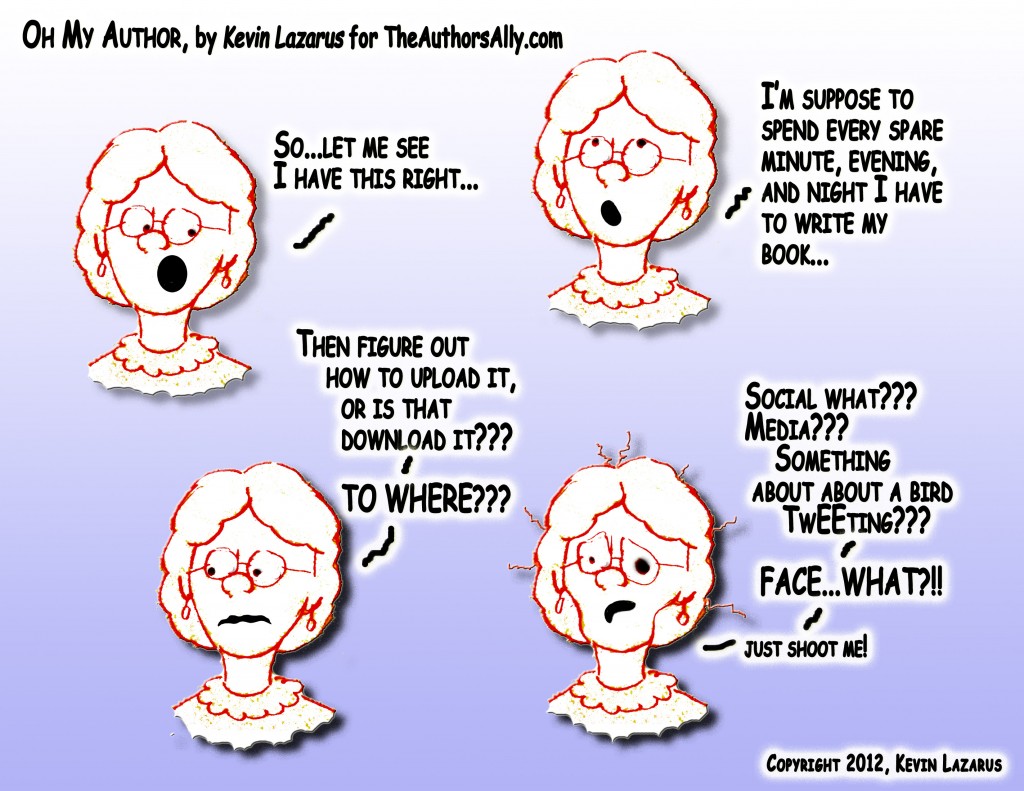Screenwriting and Hollyweird
Fostering Multiple Revenue Streams, by David Farland
(From David Farland’s Daily Kick in the Pants)
You probably know that I’ve trained a lot of successful authors over the years. I was listening to some of them teaching at a writing seminar last week, and it struck me that those authors who have succeeded best in this field are those who learned one of my first lessons best: Foster Multiple Revenue Streams.
What does this mean? Well, many authors, the ones who fail, typically publish a novel and sell the North American rights to it, then try to write another novel and do the same, again and again and again. Eventually something happens and their revenue stream gets blocked—either they can’t deliver a manuscript on time, or a publisher squeezes them in harsh negotiations, and the author suddenly runs out of money and has to go back to work in another field.
But successful authors look for ways to create several revenue streams. Very often, this means that the author might write in two different fields. For example, I write adult fantasy and middle grade books. If one revenue stream gets blocked, I’ve always got another.
You can have all sorts of revenue streams. For example, selling foreign rights can be very lucrative. Many authors who don’t make a lot of money in the United States, for example, might be very popular in other countries—the United Kingdom, Germany, Japan, and so on. I’ve known authors who don’t even publish in the United States anymore, but who make a living on foreign sales.
Authors can make money in a host of other ways—through speaking fees, by teaching, by writing in different mediums (for example, if you’re writing a novel about an entomologist, you might do some research on ants, and write articles for magazines on the topic in order to gain some expertise in the field).
So each year, I keep track of my anticipated revenue sources. Here are my sources for the coming year:
1. Screenplay sale for Runelords. (I’ve been approached by a producer to write the screenplay and put the film into production.) more »
Turning Your Novel into a Screenplay, by David Farland
(From David Farland’s Daily Kick in the Pants)
Recently I’ve been hired to turn my first Runelords novel into a screenplay. I’m nearly finished with the last book in the series, and I want to complete that first, but it’s not too soon to begin thinking about the challenge—and it is a challenge. Always remember that the book is not the movie. They’re different mediums. A book is long enough so that you normally can’t just remove the excess description and still have a workable movie. You need to simplify the plot—not all of it, just the right parts.
So as I prepare to write the Runelords screenplay, I think I should go over the history of the project, first, so that you can understand why I want to take on the challenge.
Many of you know that I began writing the book in 1996, or at least began plotting it then. I plotted the novel knowing that it had excellent potential as a film and videogame franchise, so I made sure that as I plotted it, I kept the special effects budgets fairly inexpensive (it’s easy to write a novel that would cost a billion dollars to make into a movie), and I paid attention to creating a story that I would want to see as a movie.
As the books began hitting the New York Times bestseller list, interest in them heated up. In 2001 I was invited to take a trip to China with some movie producers to see about filming the movies there, and I took another trip in 2002. I decided against working in China at the time, but began a development company in 2002 and helped raise millions of dollars to create the movie. more »




